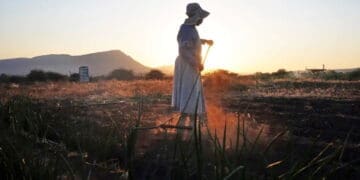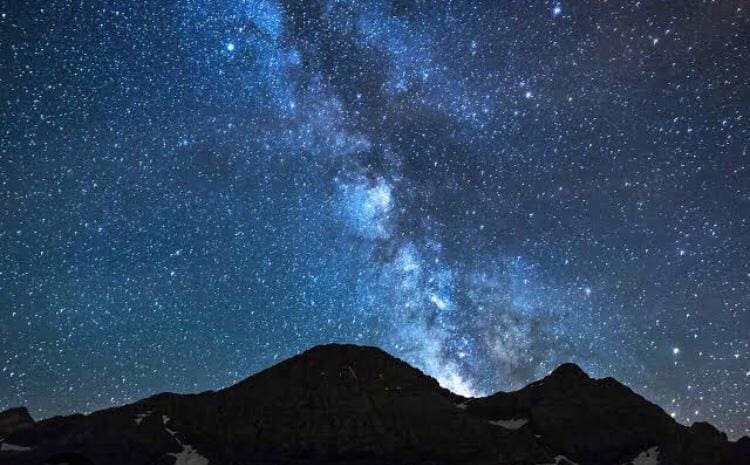Astrotourism is emerging as a promising niche in Africa’s broader tourism landscape, combining cultural heritage, scientific curiosity and economic opportunity.
It has also created economic opportunities for local entrepreneurs in rural communities.
Chrislin de Koker, an astrotourism guide based in the Northern Cape, is among a growing number of entrepreneurs tapping into the economic potential of dark sky tourism.
“Astrotourism opens up opportunities for me. I get to travel, meet interesting people and share indigenous stories about the stars through telescopes,” she told Vutivi News.
De Koker’s tours do not rely on expensive infrastructure. Instead, she incorporates indigenous astronomy by sharing oral histories passed down from the San and Khoisan.
Her training, supported by the National Research Foundation and South African Radio Astronomy Observatory involves community-based research to collect ancestral star knowledge.
“We use telescopes as tools, but the real value is in the stories that keep our culture alive,” she said. “By sharing these stories, we keep our heritage alive. They do not die with our elders; they live on in us and through us.”
Dr Sisco Auala, a Namibian advocate for dark sky tourism, believes that formalising the practice, especially with an African cultural lens could unlock significant benefits for rural and Indigenous communities.
“People have always looked to the stars, but what has been missing is the integration of indigenous knowledge and its meaning,” Auala said.
She pointed out that astrotourism required little capital to launch.
“All you need is an open space and a clear night sky,” she said.
By transforming simple stargazing into cultural storytelling, local communities, especially youth, can create guided experiences that are both educational and economically rewarding.
Auala suggested that local tour guide collectives and eco-friendly camps could be established, offering night-time stargazing combined with traditional storytelling, dance and other cultural practices.
In places where night-time entertainment for tourists is limited, dark sky tourism presents an underutilised opportunity.
“We do not realise the potential of this market,” Auala stressed. “It is free, and local people can earn by charging for the knowledge they pass on.”
She also cautioned against under-pricing such experiences, urging communities to properly package and present their knowledge to reflect its cultural depth and value to tourists seeking authentic engagement.
Tourism Department deputy director Laeticia Jacobs told Vutivi News that South Africa’s clear skies, particularly in rural areas like the Northern Cape, Limpopo and KwaZulu-Natal offered ideal conditions for celestial observations.
“Dark sky tourism is an untapped market that local communities can use to boost the tourist experience while benefiting financially,” she said.
Post-pandemic tourists, she noted, were increasingly seeking meaningful travel experiences that allowed for introspection and connection with nature.
“Dark sky tourism fits that trend perfectly,” Jacobs said.
She added that SMMEs in the tourism and creative sectors such as photography, poetry, and performance art, could diversify their offerings by incorporating night sky-themed products and services.
Storytelling in indigenous languages could further enhance the experience, fusing science with African heritage.
In a boost for the sector, Tourism Minister Patricia de Lille recently announced cabinet’s approval of South Africa’s National Astro-Tourism Strategy, describing it as a “historic step” toward leveraging the country’s natural advantages.
The strategy aims to enhance community livelihoods through infrastructure support, tourism product development and greater participation in the visitor economy.
For entrepreneurs like De Koker, the sky is truly limit.































































